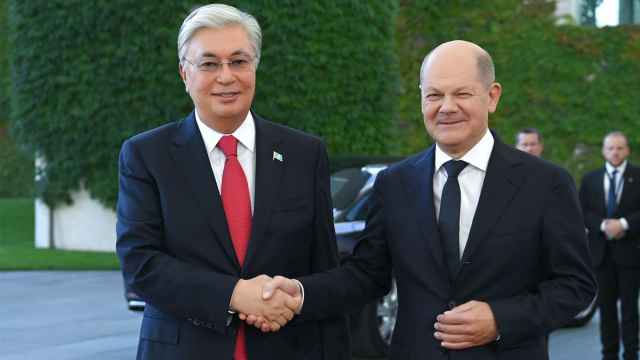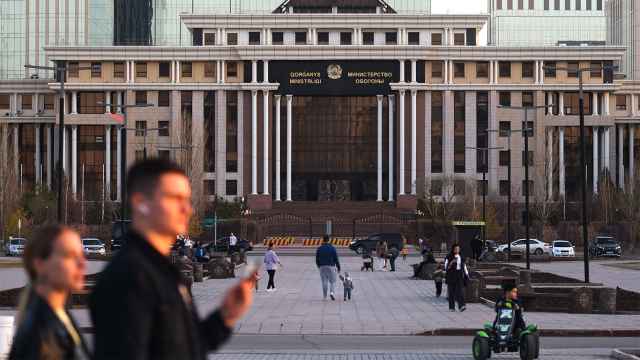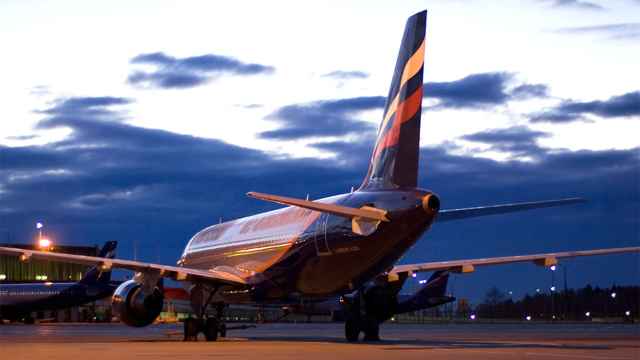Kazakhstan has been roiled with mass protests following a presidential election seen by critics as undemocratic and an extension of their longtime authoritarian leader’s rule.
Swathes of citizens have taken to the streets in the capital Nur-Sultan and largest city Almaty to condemn a vote they say was rigged, a rare sight in a country that bans protests and restricts opposition activity. Police in riot gear have forcefully dispersed crowds, detaining nearly 1,000 peaceful protesters.
Here is a timeline of the major events and developments that have taken place in Russia’s oil-rich ally:
June 9
Kassym-Jomart Tokayev, the hand-picked successor of longtime ruler Nursultan Nazarbayev, is elected president with 71 percent of the vote.
With Tokayev's six rivals largely unknown to voters, many denounce the election as unfair. Western observers cite “widespread voting irregularities” and videos posted online show ballot tampering at polling stations.
Unauthorized protests begin forming in Nur-Sultan and Astana despite Kazakhstan's restrictive laws on freedom of expression. Social media and online messaging platforms are restricted.
Police arrest 500 people in Almaty and Nur-Sultan, often with violence, describing them as “radical elements seeking to destabilize society.”
June 10
Protests continue on a much smaller scale, with hundreds of police officers and military gathered at the Almaty park where Sunday's rally took place. About 200 people are detained, Interfax reports.
June 11
Police detain more than 100 people in Almaty.
Kazakhstan’s interior ministry says those who attended the protests on June 9-10 are “victims of deception and propaganda” spread by social networks and extremists online.
June 12
Tokayev is inaugurated in Nur-Sultan. While he doesn’t explicitly mention the protests, he takes a conciliatory tone in his inauguration speech, calling for dialogue.
In a tweet posted later that evening, Tokayev says he has instructed the attorney general to respect citizens’ rights and free those who are innocent.
Mass protests continue with police forcefully detaining hundreds, including people not involved in the rallies. In Almaty, 250 are detained.
The UN Human Rights Office condemns the crackdown on protests, calling the large-scale detentions of protesters “an apparent contradiction with Kazakhstan’s obligations under international human rights law.”
In a press release, Kazakhstan’s prosecutor’s office said the detentions are “measures aimed at preserving public peace and protecting citizens.”
June 13
Internet restrictions continue for a fourth day, with citizens reporting that messaging apps and social media sites have been blocked.
Since June 9, 957 people have been detained for taking part in unauthorized protests in Kazakhstan, the prosecutor general’s office says. Of these, 670 detainees were given administrative charges, 115 were fined and 172 received warnings.
Protests have slowed down, but citizens report large numbers of police still on the streets.
June 14
Tokayev points to poverty as the reason why citizens have been protesting. "They are demanding that the government address their social and economic problems. The authorities have heard. And we will work to fix them," he says in an interview with Euronews.
The Kazakh president also says those who were detained for considering the election unfair will be released.
A Message from The Moscow Times:
Dear readers,
We are facing unprecedented challenges. Russia's Prosecutor General's Office has designated The Moscow Times as an "undesirable" organization, criminalizing our work and putting our staff at risk of prosecution. This follows our earlier unjust labeling as a "foreign agent."
These actions are direct attempts to silence independent journalism in Russia. The authorities claim our work "discredits the decisions of the Russian leadership." We see things differently: we strive to provide accurate, unbiased reporting on Russia.
We, the journalists of The Moscow Times, refuse to be silenced. But to continue our work, we need your help.
Your support, no matter how small, makes a world of difference. If you can, please support us monthly starting from just $2. It's quick to set up, and every contribution makes a significant impact.
By supporting The Moscow Times, you're defending open, independent journalism in the face of repression. Thank you for standing with us.
Remind me later.






